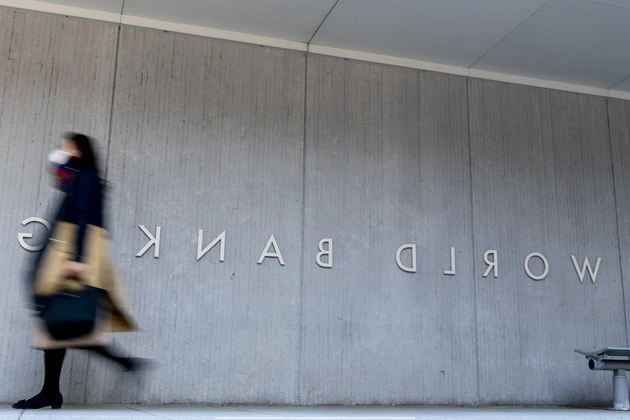
The Changing Narrative at the World Bank
The World Bank has adjusted its stance on climate action in response to shifting political landscapes. While once a vocal advocate, recent developments have seen a shift towards emphasizing jobs and exploring Republican-friendly energy sources like nuclear power and natural gas.
World Bank President Ajay Banga has defended the institution’s climate work, highlighting that it aligns with the core mission of poverty reduction. However, this shift in messaging marks a departure from previous public defenses of the bank’s green initiatives.
Political Considerations and Climate Policy
Insiders reveal that the World Bank’s current approach to climate communication is influenced by a need for self-preservation, particularly in navigating its relationship with the U.S., its largest shareholder. The delicate balance between climate commitments and political realities underscores the complexity of green financing in today’s global landscape.
Banga reaffirms the bank’s dedication to climate finance, aiming to allocate a significant portion of its lending towards climate-related projects in the coming years. This commitment reflects ongoing efforts to address environmental challenges while supporting sustainable development.
Energy Strategies and Global Impact
Banga’s recent discussions on an ‘all of the above’ energy strategy signal a broader vision for the bank’s role in the energy transition. With a focus on diverse energy sources, including nuclear power, the institution aims to address energy access disparities and promote sustainable development across regions.
The World Bank’s initiatives in climate resilience and clean energy align with broader efforts to combat climate change and promote economic growth. By emphasizing the economic benefits of climate projects, Banga underscores the interconnected nature of environmental and developmental goals.
Challenges and Opportunities Ahead
Despite facing scrutiny from critics within the Trump administration, the World Bank remains committed to its climate agenda. The push for green financing and sustainable development reflects a global consensus on the importance of environmental stewardship and inclusive growth.
As the institution navigates evolving political dynamics, the focus on poverty reduction, job creation, and private sector engagement remains central to its mission. By adapting to changing priorities and balancing diverse interests, the World Bank seeks to address the complex challenges of our time.











